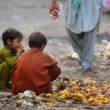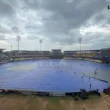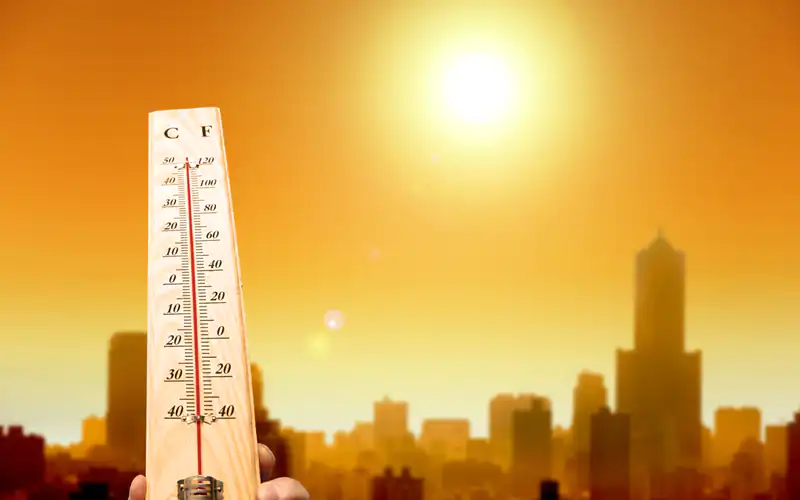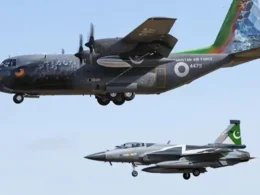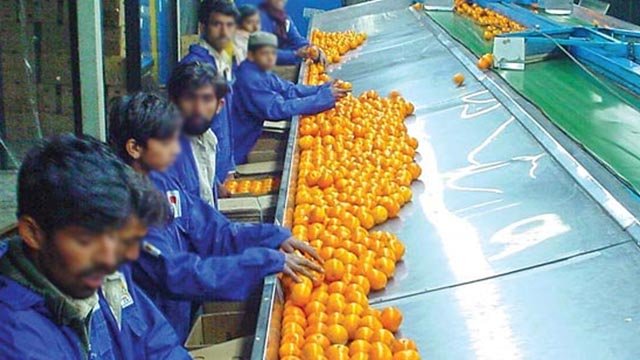As the heatwave continues to grip Sindh, especially Karachi and other districts, the Provincial Disaster Management Authority (PDMA) has reported growing challenges including extreme temperatures, rising heatstroke cases, and damage to livestock.
According to the Pakistan Meteorological Department (PMD), while some areas such as Ghotki, Kashmore, Shikarpur, Khairpur, Hyderabad, Mirpurkhas, Badin, and Tharparkar may see light rain or dust-thunderstorms, most of Sindh is expected to face continued dry and very hot conditions with gusty winds.
The Karachi Division reported 30 government-established heatstroke camps. Despite the hot temperatures, heatstroke cases in Karachi remained as low as one, while no casualties have been reported from Karachi.
However, public awareness campaigns are being strengthened using electronic and social media, banners, and educational materials to help residents cope.
READ: PMD issues forecast related to rainfall for June in Karachi
A total of 713 heatstroke cases have been treated across Sindh so far, with 37 cases reported in the last 48 hours alone.
Fortunately, no human casualties have been reported. However, the extreme heat has taken a toll on livestock, with 63 animals lost, including 60 goats and sheep, and 3 buffaloes or cows.
Among the districts, Shaheed Benazirabad remains the hardest hit with 559 cases, followed by Khairpur (130), Matiari (9), and Hyderabad (6).
The heatwave has pushed temperatures to extreme levels, with Dadu recording the highest at 48°C, followed closely by Shaheed Benazirabad and Larkana at 47°C, Sukkur at 45°C, Hyderabad at 44°C, and Tharparkar at 40°C.
PDMA and READY Pakistan have established stabilization centers and launched public awareness efforts. Over 200 volunteers have been trained in heat-related first aid, and efforts are focused on community resilience and climate awareness.
The situation remains critical as heat intensifies across Sindh. Citizens are urged to stay indoors during peak heat, stay hydrated, and protect vulnerable groups including children and the elderly.

